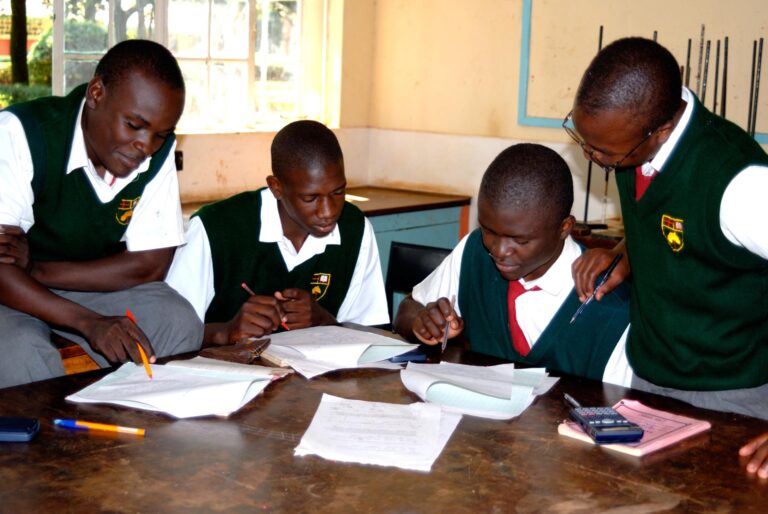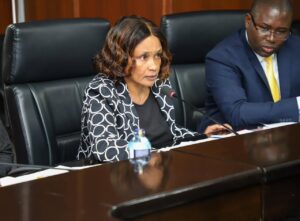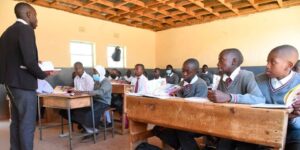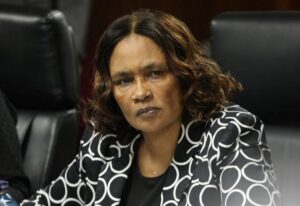Science Shortage: A Hidden Crisis Before CBC Rollout
As Kenya readies its education system for the Grade 9 Competency-Based Curriculum (CBC) rollout in early 2026, a silent but serious threat is spreading: a lack of qualified science teachers across the country. A Educationreport.co.ke investigation has flagged senior secondary schools struggling to find instructors in essential STEM subjects—to the extent that tens of thousands of students may miss out entirely.
Just 21% of teachers in public junior secondary schools are teaching STEM subjects, leaving vast majority of schools understaffed. Even more startling, 35% of schools report having zero STEM teachers—a figure too large to ignore. This situation may limit student access to crucial science education, forcing many to abandon the STEM pathway altogether.
TSC data shows an overall shortfall of nearly 100,000 teachers, with junior schools showing the highest vacancies. Among subject areas, those for STEM are particularly strained. Despite a surplus of graduates in non-science fields, the supply of qualified teachers in physics, chemistry and biology remains insufficient.
This imbalance isn’t just a numbers game—it creates regional inequalities. Wealthier urban schools may attract limited STEM teachers, while rural and underfunded schools are left with diminished capacity to offer science instruction. The contrast threatens to deepen existing disparities and limit CBC’s transformative potential.
The Ministry’s pupil–teacher ratio currently stands at 1:29—above primary and secondary UNESCO benchmarks. But this does not reflect STEM distribution gaps or lab access shortages. Officials report 1,600 schools lacking functional laboratories—fundamental to CBC’s experiential learning model.
Urgent Measures Required
To avert chaos by 2026, stakeholders must mobilize rapidly:
- Expand STEM teacher training—through fast-track courses and bursaries.
- Offer incentives—housing, hardship allowances, or loan forgiveness in underserved areas.
- Upgrade labs and teaching resources—to meet CBC’s hands-on standards.
The current STEM teacher deficit is a hidden educational emergency—one that must be addressed six months prior to CBC’s full senior phase launch. Otherwise, thousands of learners risk being sidelined from science—limiting Kenya’s ambitions in innovation, technology, and national development.





